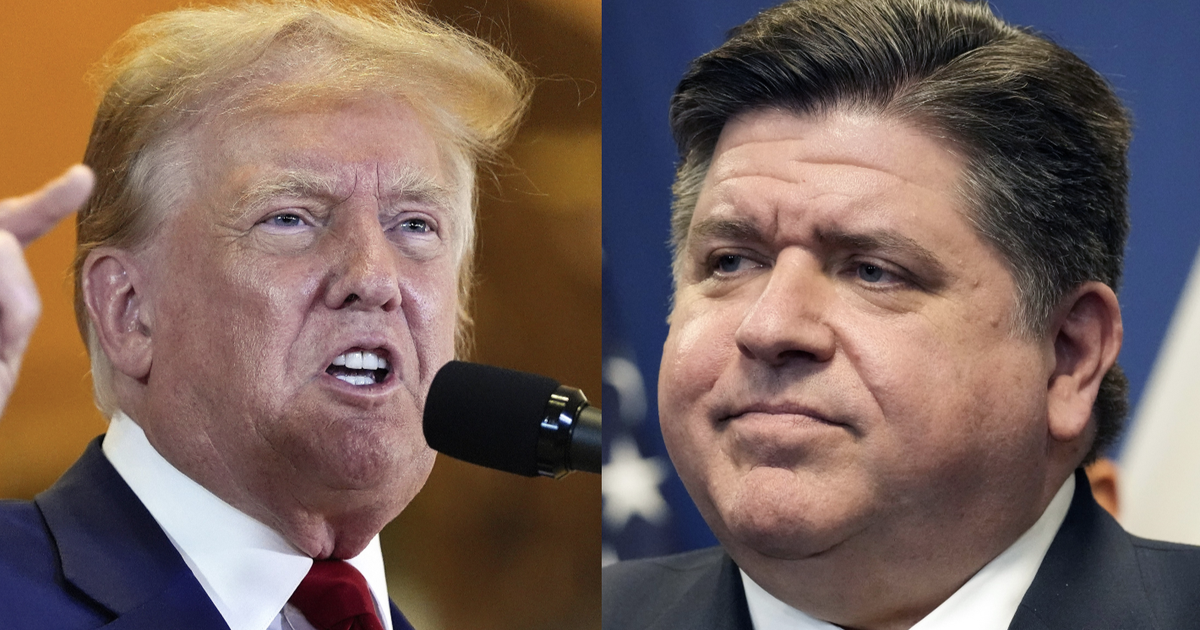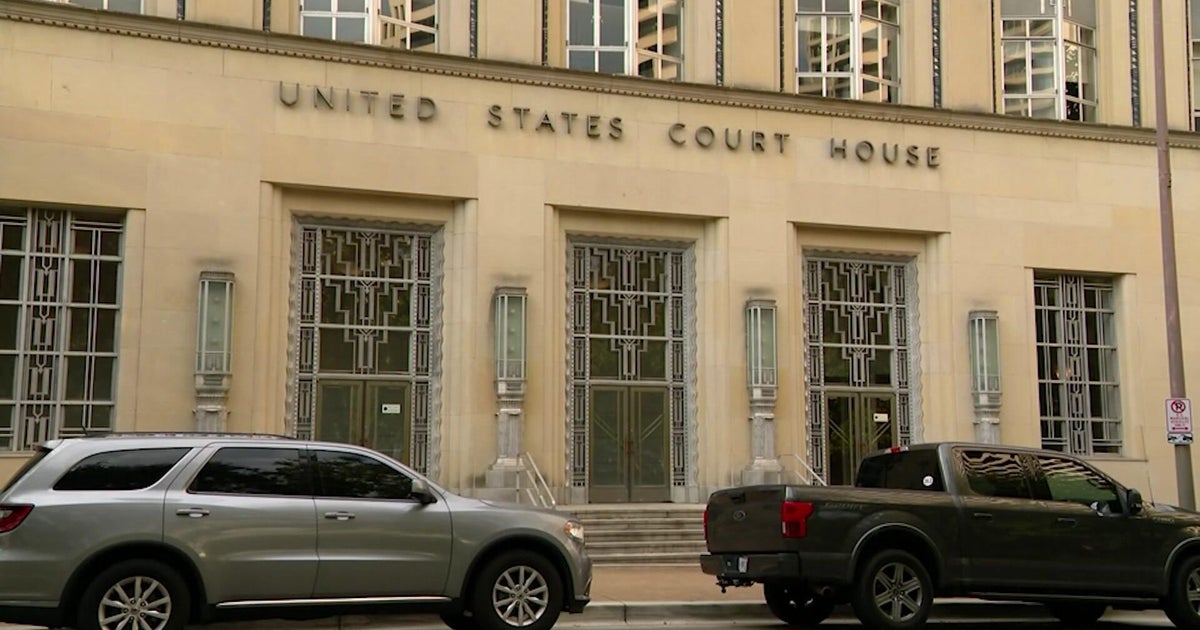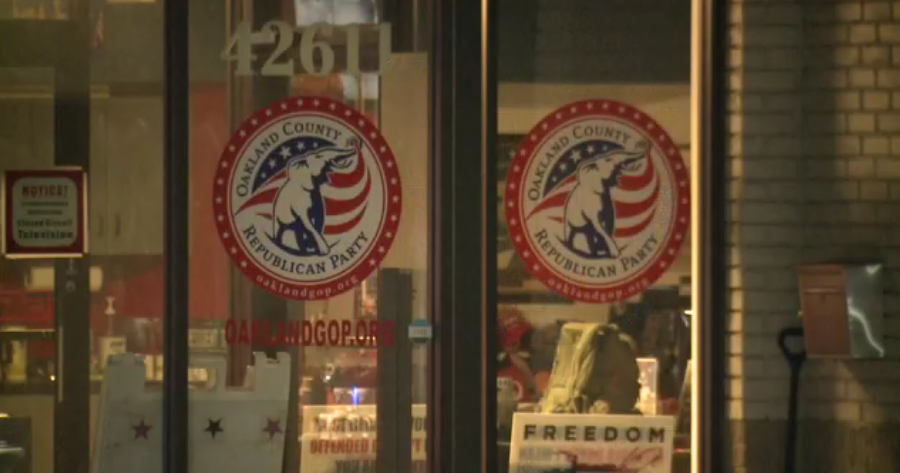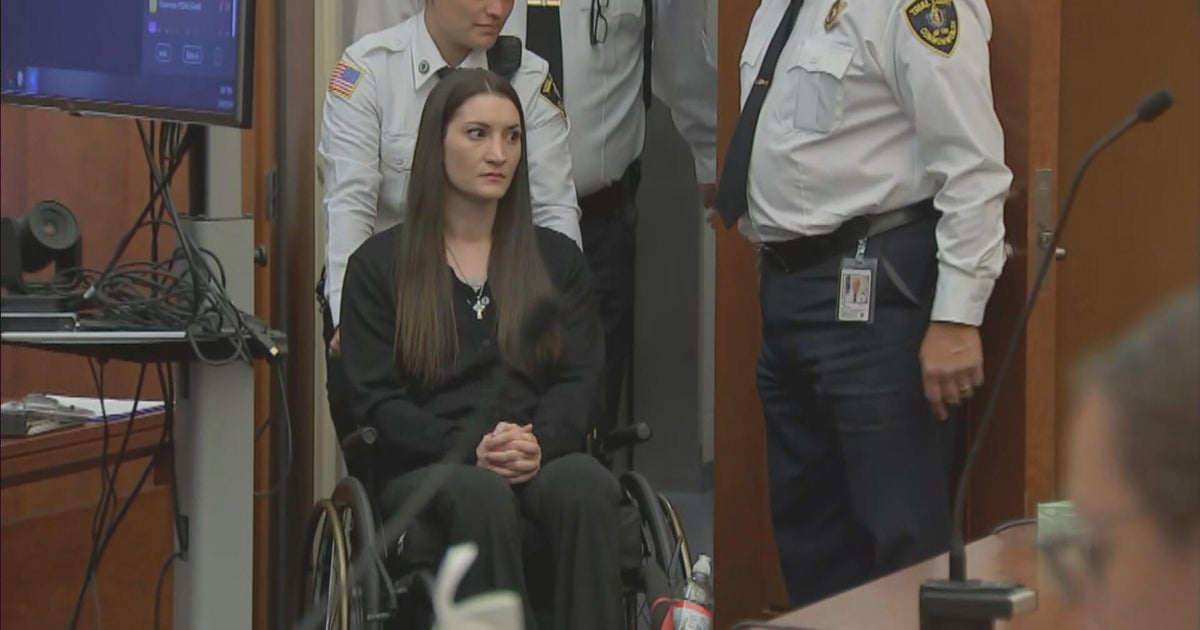Appeals Court To Consider Bath Salts Case
MINNEAPOLIS (AP) — A former Minnesota head shop owner who flouted authorities as he openly sold synthetic drugs labeled "herbal incense," ''spice" and "bath salts" is hoping to persuade a federal appeals court that he acted legally and that the law that sent him to prison is unconstitutional.
James Carlson sold millions of dollars' worth of the substances out of his shop, the Last Place on Earth in Duluth, and it took authorities years to shut him down. A jury convicted him on 51 counts in 2013. Last year, a judge sentenced him to 17½ years in prison and ordered him to forfeit $6.5 million. Carlson's lawyer will try to persuade the 8th U.S. Circuit Court of Appeals on Monday that the law is unconstitutionally vague and that the trial court improperly denied Carlson the chance to explain to the jury why he sincerely believed he did nothing illegal.
THE ANALOGUE DRUG ACT
The case was seen as one of the first major tests in federal court of how effectively authorities can combat synthetic drugs, which had been difficult to regulate because underground chemists constantly tweak their molecules to try to stay a step ahead of the law. The drugs mimic the effects of marijuana, stimulants and hallucinogens. The federal analogue drug act was designed to address the problem of frequently changing formulas by banning new drugs that are "substantially similar in chemical structure and pharmacological effect" to drugs already listed as controlled substances.
Carlson's attorney, Mark Nyvold, wrote in his brief that the law is so vaguely worded that it's impossible to know if one is violating it. He said it puts people in the position of "having to guess, and hope" that a substance is different enough from a controlled drug that it won't count as an analogue.
THE ENTRAPMENT CLAIM
Nyvold also contends that the trial court denied Carlson the right to present a full defense because the judge refused to let the jury hear about public statements by government officials on the difficulty of attacking analogue drugs that Carlson claims led him to reasonably conclude his actions were legal.
Carlson says he specifically relied on comments by Drug Enforcement Agency spokeswoman Barbara Carreno to news organizations reacting to his claims of operating legally. "Unfortunately, he is correct," she said.
Nyvold claims those statements amounted to entrapment and that Carlson would have testified at his trial if that defense had not been excluded. And he argues that the judge should have let the jury decide whether it was reasonable for Carlson to rely on her statement.
WHAT PROSECUTORS SAY
Federal prosecutors reject all of Carlson's claims. In their brief, they wrote that U.S. District Judge David Doty properly applied the relevant statutes and followed a large body of case law that backs up the analogue drug act. They also argue that Doty properly determined the 17½-year sentence.
Carlson's claims that he didn't know the substances he sold were illegal are "nonsensical," they wrote, adding that it was "entirely unreasonable" for Carlson to claim that the DEA spokeswoman's "off-the-cuff" statement authorized any criminal activity.
(© Copyright 2015 The Associated Press. All Rights Reserved. This material may not be published, broadcast, rewritten or redistributed.)







